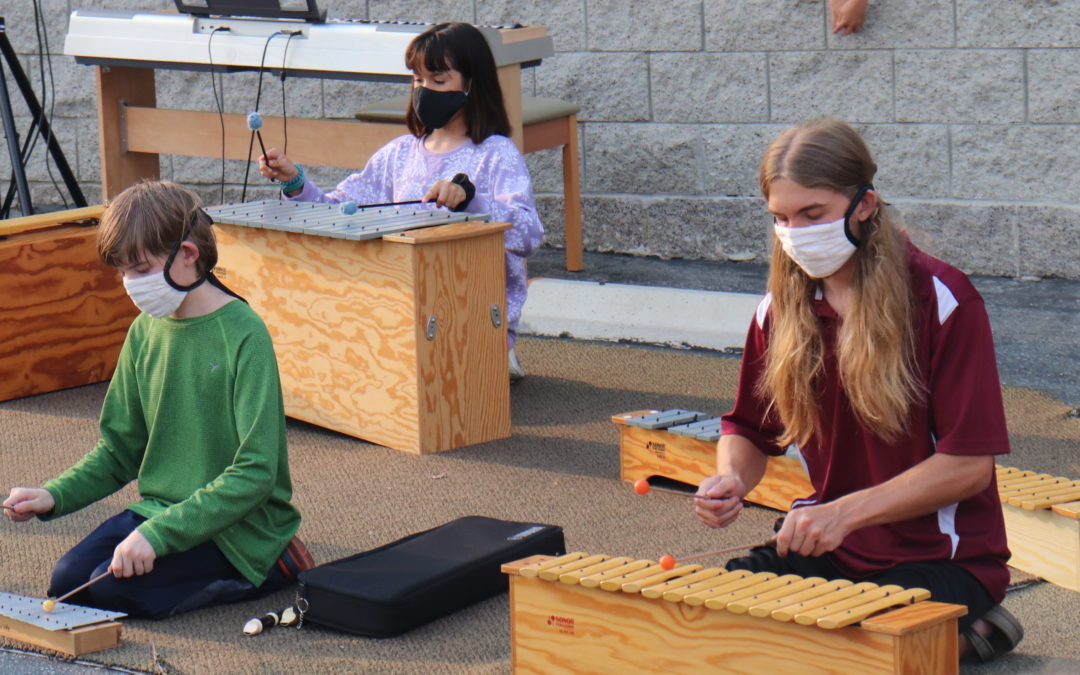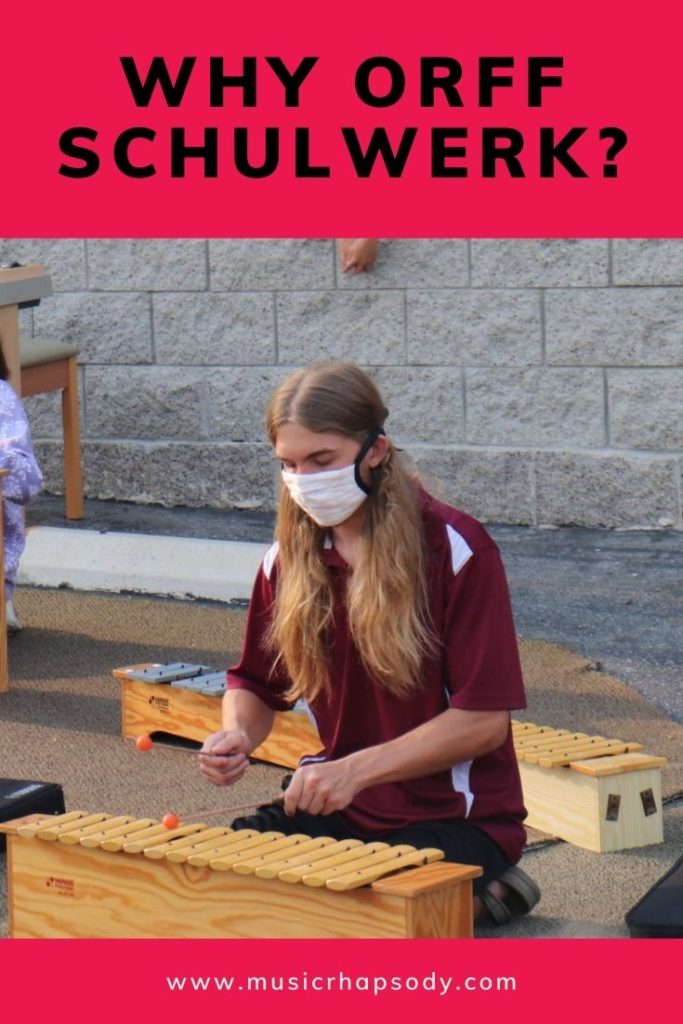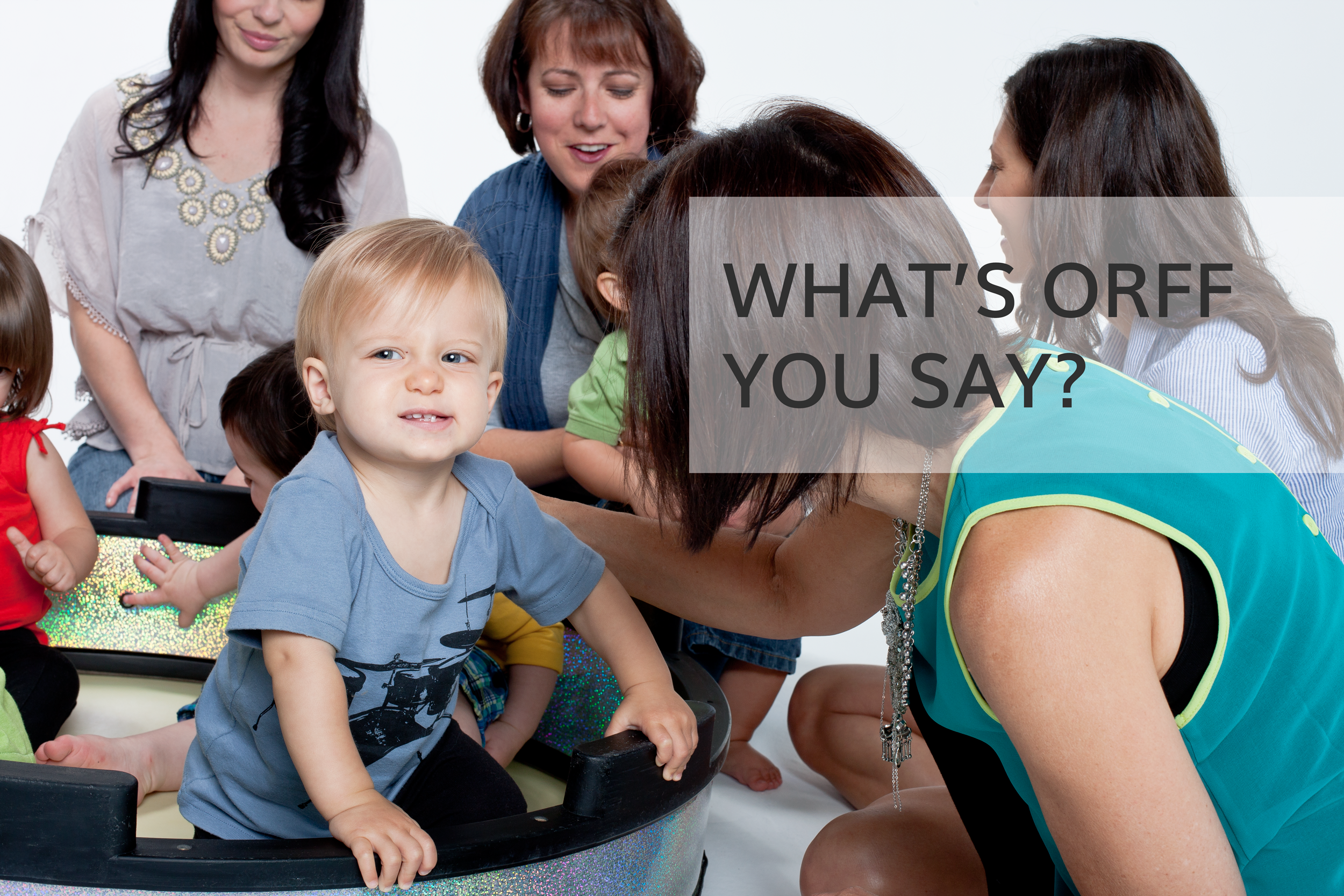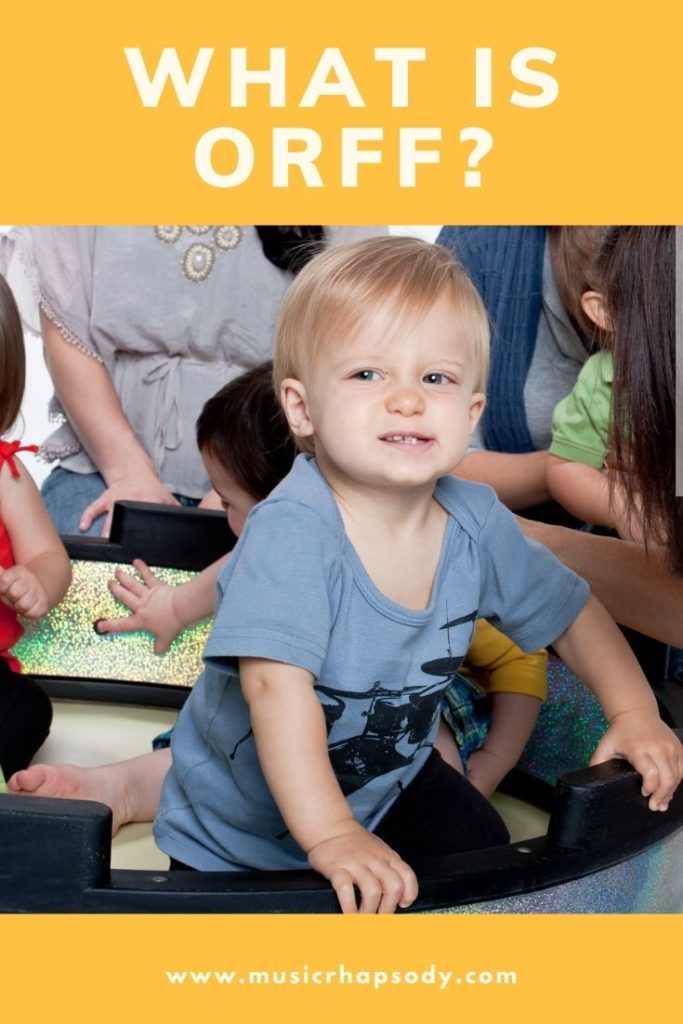
Why Orff Schulwerk?
Orff Schulwerk Speaks the Language of Play
There are many ways for children to learn music. As a parent, it is hard to choose what program will be best for your child and how they learn. Here is why the Orff Schulwerk approach has proven to be effective for all different types of children after 36 years of music education.
The Orff philosophy was developed by German composer and music educator Carl Orff and associate Gunild Keetman. Overall, the Orff approach works because it can be used for children of all ages. It gives children the tools to comprehend music from a young age, and these skills can continue to be used as the child grows.
How Does Orff Schulwerk Benefit Children?
Just as children learn to hear and speak a language before reading and writing it, we approach music in the same way. The Orff approach gives children the opportunity to interact with and make music in multiple forms before formally learning to read and write it. Orff uses songs, poems, rhymes, dances, and games as a form of education. Instead of learning through memorization, Orff teaches musical skills through participating in music making. Music becomes a sensory experience where children utilize improvisation to foster creativity.
Additionally, children become confident and motivated through the Orff approach. Orff instruments are designed with removable bars, making the instrument simpler to use at first. This way, children can be successful at creating beautiful music from the start. Students play instruments such as xylophones and glockenspiels utilizing only pentatonic keys, ensuring the notes do not clash and everything is pleasing to the ear. Orff proves that everyone can make music.
This approach to music education increases the ability for self-expression, self-efficacy, and social skills. It also is an effective intervention and has positive effects in a therapeutic environment for individuals with varying disorders.
Citations:
Young-Bae, Yun, and Kim Ji-Eun. “The Effects Of The Orff Approach On Self-Expression, Self-Efficacy, And Social Skills Of Children In Low-Income Families In South Korea.” Child Welfare 92.4 (2013): 123-158 36p. CINAHL Plus with Full Text. Web. 8 Jan. 2016.
Gold, C., Voracek, M. and Wigram, T. (2004), Effects of music therapy for children and adolescents with psychopathology: a meta-analysis. Journal of Child Psychology and Psychiatry, 45: 1054–1063.


